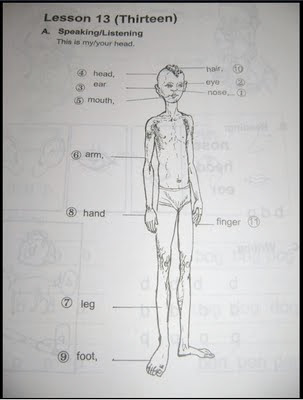The Teacher Effect
As part of the research I'm doing on mentoring for the aPLaNet EU project , I've recently been reflecting on the effect that teachers have had on me, and the more I think about it, the more I realise just how much influence they have had upon the direction of my life. Because of this, and because it's something that all teachers should consider, I thought I'd blog about it here. Primary school I don't remember my primary school teachers very well, but I do remember all with vaguely positive memories. I remember lots of smiling, being encouraged to read, and rewarded with praise. I have more recollections of specific incidents, but here I want to focus on the effect that teachers have had, so I'll save those for another day. Secondary school I think my secondary school teachers have had the most influence on me and what I decided to do, without a doubt. When I started secondary school, I remember I found it a strange place with lots of rules I didn't

